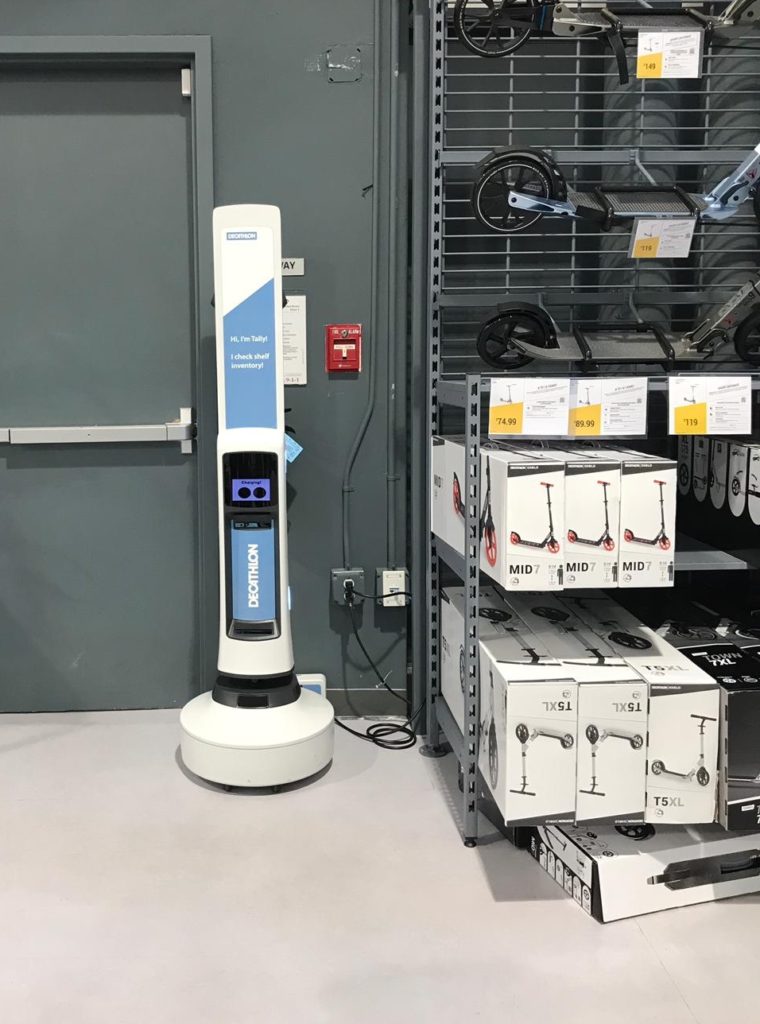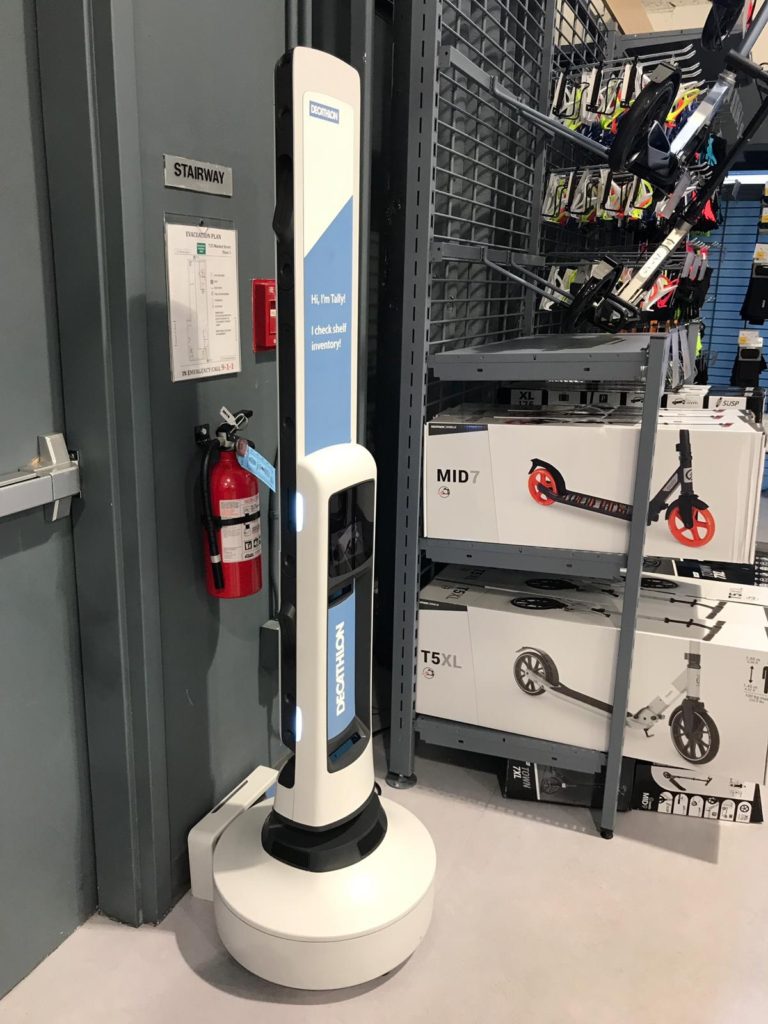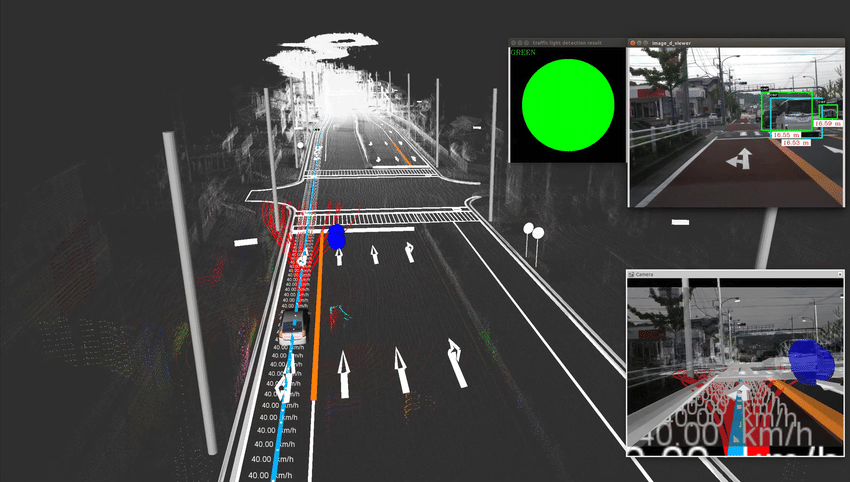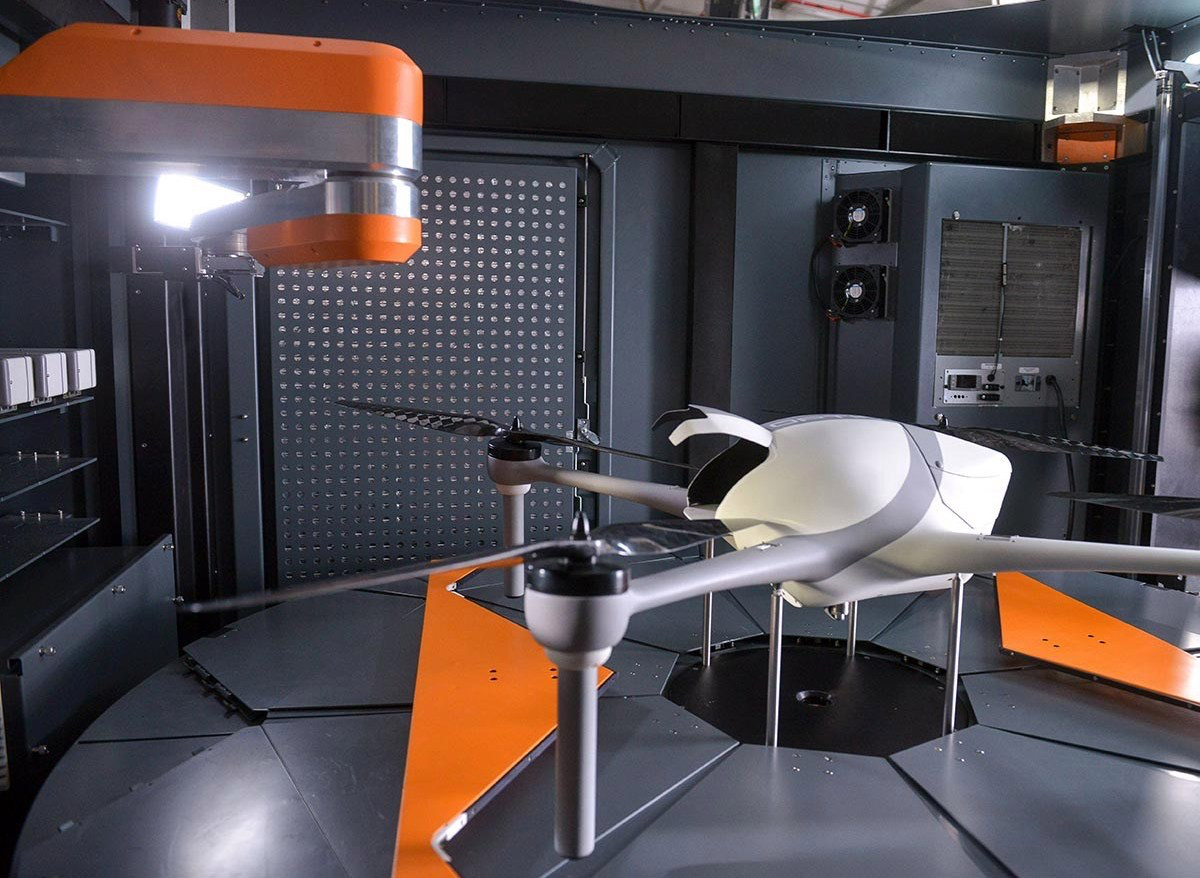![]()



![]()


![]()
![]()
AWS (Amazon Web Services) has launched AWS RoboMaker, a new cloud service for developers to develop, test, and deploy robotics applications, as well as build intelligent robotics functions using its cloud services.
For this services, AWS has chosen Robot Operating System (ROS) and integrated the same with its cloud environment as an AWS cloud service named RoboMaker. AWS integration of Robot Operating System (ROS) will help developers leverage other AWS’s cloud services such as machine learning, monitoring, and analytics services to enable a robot to stream data, navigate, communicate, comprehend and learn.
RoboMaker essentially serves as a platform to help speed up the time-consuming robotics development process. Among the tools offered by the service are Amazon’s machine learning technologies and analytics that help create a simulation for real-world robotics development. The system can also be used to help manage fleet deployment for warehouse-style robotics designed to work in tandem. “AWS RoboMaker automatically provisions the underlying infrastructure and it downloads, compiles, and configures the operating system, development software, and ROS,” the company writes. “AWS RoboMaker’s robotics simulation makes it easy to set up large-scale and parallel simulations with pre-built worlds, such as indoor rooms, retail stores, and racing tracks, so developers can test their applications on-demand and run multiple simulations in parallel.
![]()
Following the data of at least eight companies in the robot delivery space with headquarters or operations in North America that have secured seed or early-stage funding in the past couple of years.
They range from heavily funded startups to lean seed-stage operations. Silicon Valley-based Nuro, an autonomous delivery startup founded by former engineers at Alphabet’s Waymo, is the most heavily funded, having raised $92 million to date. Others startups have raised a few million.
In the chart, we look at key players, ranked by funding to date, along with their locations and key investors.
![]()
Apex.AI’s software stack is designed to easily integrate into existing systems and serve as the enterprise version of the Robot Operating System, an open-source software middleware for robotics.
n order to never fail, Apex.AI has built redundancies into the system to ensure single failures don’t result in system-wide failures.

“We go through every line of code and guarantee that safety-critical processes get the amount of compute time needed to execute,” Becker said.
Apex.AI is application agnostic, meaning this can be used in all autonomous systems — ranging from cars to drones to flying taxis.
![]()
Airobotics, the developer of automated drones that can fly without a pilot, has raised $30 million in a new round of financing to address the unique needs of the world’s most complex industrial environments.
Airobotics has developed a platform that is fully automated, industrial grade, on-demand and multi-purpose.

Airobotics is also making money from contracts doing security and facilities management for many companies around the world.
![]()
Gecko Robotics aims to save human lives at our nation’s power plants with its wall-climbing robots that are ensuring safety in industrial and power plant facilities as they are able to go ahead of humans to check for potential hazards.
The robots can climb tanks, boilers, pipelines and other industrial equipment using proprietary magnetic adhesion, ultra-sonics, lasers and a variety of sensors to inspect structural integrity, according to a company release.
While not cheap — the robots run anywhere from $50,000 to $100,000 — they are also obviously a minuscule cost compared to human life.
![]()
Most people are aware of the robots that are involved with assembling, packing, or handling items before they reach retail stores. Now, some retail robots are starting to change how human employees work and shoppers purchase goods in stores. Here are some tasks that retail robots are conducting and where consumers can see them in daily life.
Read more on: https://www.roboticsbusinessreview.com/retail-hospitality/retail-robots-disrupt-industry/
![]()
Aquabotix the aquatic drone company has been working on SwarmDivers that is a cluster of drones that can “function simultaneously as a single coordinated entity, be easily controlled via one operator on the surface, and perform dives on command”.
The main focus is military/defense applications for now. The press release only mentions other applications briefly, and right at the end, saying that the drones are capable of research, harbor management and oceanography too.
Wanna see them in action?